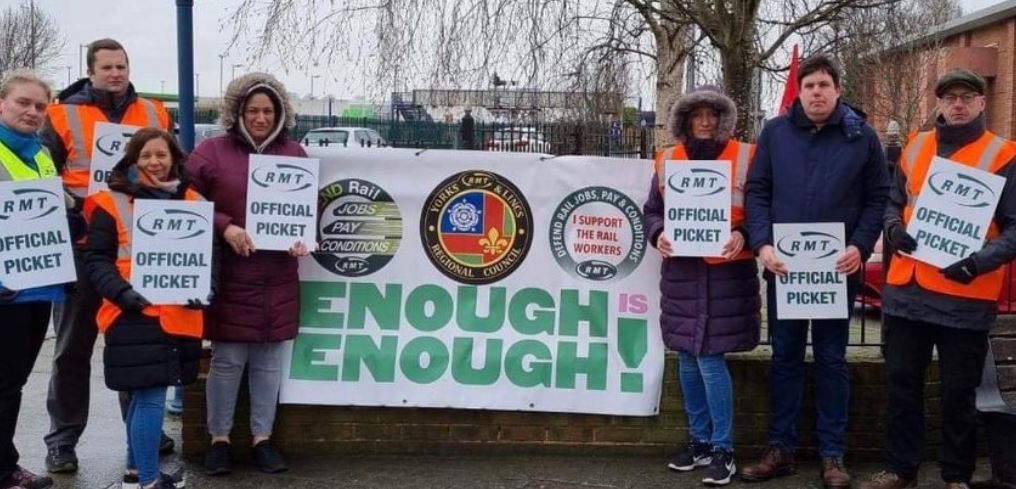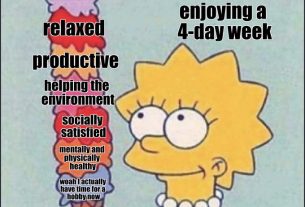Commuters and other passengers have been urged to avoid using trains during this week’s rail strikes.
Eight-in-ten trains were cancelled on Tuesday (Jan 3) as RMT members continued their long running strike for better pay and conditions, marking the worst disruption seen on Britain’s railways for 30 years.
Network Rail and the Rail Delivery Group (RDG) which represents the rail companies have urged people to travel by rail only if “absolutely necessary” during the disruption, which is set to worsen.
RMT members will also be out on Wednesday, Friday and Saturday this week while Aslef, the train drivers’ union, confirmed it will take industrial action on Thursday (Jan 5) meaning there will be rail strikes every day until Saturday (Jan7).
Mick Lynch, the general secretary of the RMT – the Rail Maritime and Transport workers union – said the mandate for industrial action runs up to May and warned rail strikes could “go further”.
Lynch apologised for the disruption caused by the rail strikes “dragging on” but blamed the government for “doing nothing” to end the dispute.
“We would like to get into a situation where we’re negotiating constantly with the companies and where we didn’t have to have strike action, and then work up a settlement that our members could vote on and accept,” Lynch told reporters on a picket line outside London’s Euston Station.
“But if we don’t get that there will have to be more action, and we’ve got a mandate that runs through to May this year, and if we have to go further, that’s what we’ll need to do.
“We don’t want that, though.”
Network Rail, the company that owns and maintains the railways, claims a deal with unions is “within touching distance”.
Network Rail’s chief negotiator Tim Shoveller told Sky News he is confident union members can be persuaded to vote for the deal that was presented in December.
“We think we are about 2,000 people short of what we need in order to secure the deal, so we’re on the right path,” said Shoveller.
Rail strikes this week
The new year week of rail strikes – five consecutive days of industrial action – will see just 20% of trains in operation. Nearly all train companies will be affected by the strikes each day from Tuesday (Jan 3) through to Saturday (Jan 7).
Operators say that on “shoulder days” – the days following a strike – services will be impacted and timetables will be operating at around 60%.
Also striking this week are national highway workers, civil servants and bus drivers. Teachers begin their strikes in Scotland next week when nurses and ambulance workers will also take industrial action.
Workers need ‘fair deal’ says new TUC boss
The new leader of the TUC (Trade Unions Congress) Paul Nowak called on the government to start negotiations to end the strikes, saying frontline workers need a “fair deal”.
In a letter to prime minister Rishi Sunak, the TUC’s general secretary said years of “underfunding and understaffing” of public services has resulted in demoralised workers across the public sector.
They are considering quitting, Nowak told the PM, adding: “We can’t solve these problems without a fair deal for the people on the frontline.
“That means talking in an open and constructive way about improving public sector pay. But so far your ministers have refused to negotiate directly about pay with unions.”




